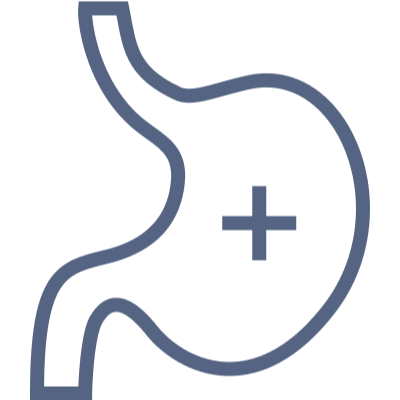Collection Method
CI05.34.01
Kit Requirements
Stool Test Kit
Turn Around Time
24 hours Turnaround times are estimates
Description
Clostridium difficile (C. difficile) is a stool test used to identify this toxin, which usually occurs after long term antibiotic therapy. Clostridium difficile develops when the organism is allowed to thrive in the colon, most commonly after antibiotic use has eliminated competing flora.
The most common antibiotics that pose a potential risk for C. difficile include clindamycin, fluoroquinolones, ciprofloxacin, cephalosporins and penicillins.
Analytes
- Clostridium difficile Toxin A & Toxin B
Test Method
Common Conditions
 Gastrointestinal and Digestive Health
Gastrointestinal and Digestive Health- Abdominal pain
- Nausea
- Vomiting
 Other Health Conditions
Other Health Conditions- Blood or mucous in stool
- Diarrhoea
- Fever
- Headaches
Notice To Patients
NutriPATH practices in the usual practitioner-referral system for pathology laboratories. Patients are highly recommended to seek the supervision and guidance of a qualified healthcare practitioner for the interpretation of any lab results and associated information. NutriPATH can offer assistance in locating a suitable practitioner.
How it works
Step 1
Order test
Your referring practitioner will place this order via their online portal.

Step 2
Collect Samples
A test kit will be dispatched to you and you can conveniently collect your sample in the comfort of your home.

Step 3
Return Samples
Return samples for analysis via the provided courier packaging.

Patient resources
Our highly skilled and qualified team have created a service where patients can easily gain access to a wide range of pathology testing options.
Practitioner resources
As a leader in the industry, practitioners are able to trust in our ability to provide them with the technology they need to adequately test their clients and patients.









